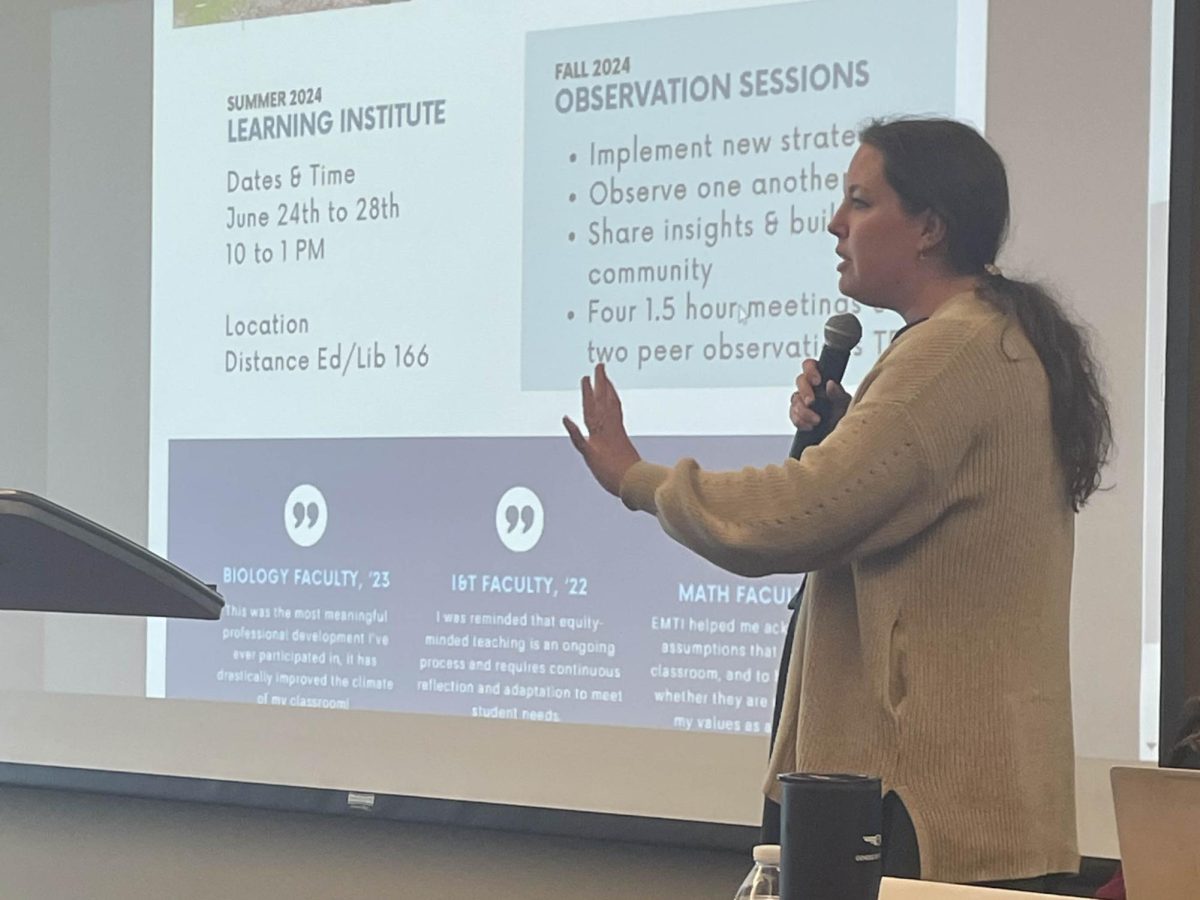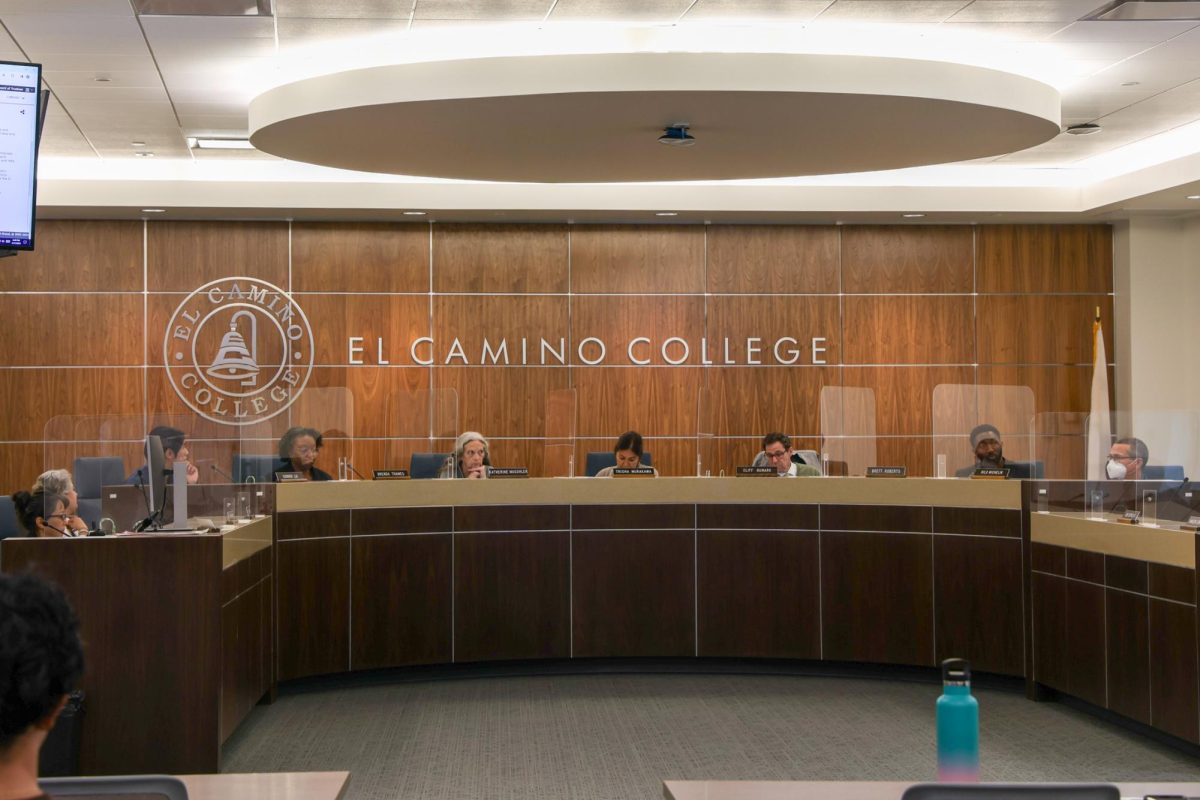General human papillomavirus (HPV) is the most common sexually-transmitted infection, and now the EC student health center is offering the vaccine for free to students who qualify.
“HPV is a risk factor for cancer and young people don’t seem to be worried about it,” Melanie Bronstein, nurse practitioner in the EC student health center said.
According to the Center for Disease Control and Prevention (CDC) website, “Anyone who is having (or has ever had) sex can get HPV. HPV is so common that nearly all sexually-active men and women get it at some point in their lives. This is true even for people who only have sex with one person in their lifetime.”
“If you don’t vaccinate men, men are going to give HPV to women,” Bronstein, said.
The Los Angeles Department of Public Health estimates that there are “6.2 million annual new cases of HPV in the U.S., and a prevalence of 20 million infected persons,” according to a document published on the department’s website.
The CDC puts this number at about “14 million newly infected per year”, and estimates that approximately 79 million are infected right now.
HPV accounts for 99 percent of reported cases of cervical cancer, and as HPV is sometimes without symptoms, women are encouraged to have regular screenings for cervical cancer.
Bronstein said that pap smears are “a screening test” for cervical cancer.
“A pap smear will pick up any abnormal cells of the cervix. The leading cause of abnormal cells of the cervix is HPV. There are over 100 types of this virus, and there are over 40 that affect the genitalia in men and women,” Bronstein added.
The virus is transmitted through skin-to-skin contact, some of which can be non-sexual contact.
“You can have a wart on your hand, and that can be a form of HPV, but it won’t cause you a problem because it is not on the genitals,” Bronstein said.
There are cases when an infected person may not know that they have in fact contracted HPV, because they may experience no symptoms.
The incubation period of the infection can range from weeks to years without the person knowing they have been infected.
While there is no treatment available for the virus itself, according to the CDC, there is treatment available for “the problems that HPV can cause.”
Among those problems are the aforementioned cervical cancer and genital warts.
While testing for the infection is done through pap smears, a DNA test (for high risk patients) or visually for women, there is currently no commercially available test available for men other than a visual exam.
Gardisil is the vaccine for HPV, and is being offered to students for free at the health center.
Bronstein said the vaccine is “recommended for men and women aged 9 to 27.”
“It’s available for free to students who don’t have health insurance,” Bronstein added.
The free vaccines are made possible by a patient assistance program through Merck, the drug manufacturer.
“It’s a series of three shots over the course of six months. Once you finish the series you’re done,” Bronstein said.
Nenna Olumba, 27, nursing major said, “There are a lot of students who don’t have health insurance or access to affordable healthcare, so I think it’s good the school is doing this.”
The student health center offers an STD testing clinic each Tuesday from 1-4 p.m.
Additionally, students may schedule low-cost pap smears, blood tests and STD testing by calling the health center at 310-660-3643.
While HPV can have lifelong detrimental effects, the preventative measures offered by the student health center are the first steps in fighting the threat.







